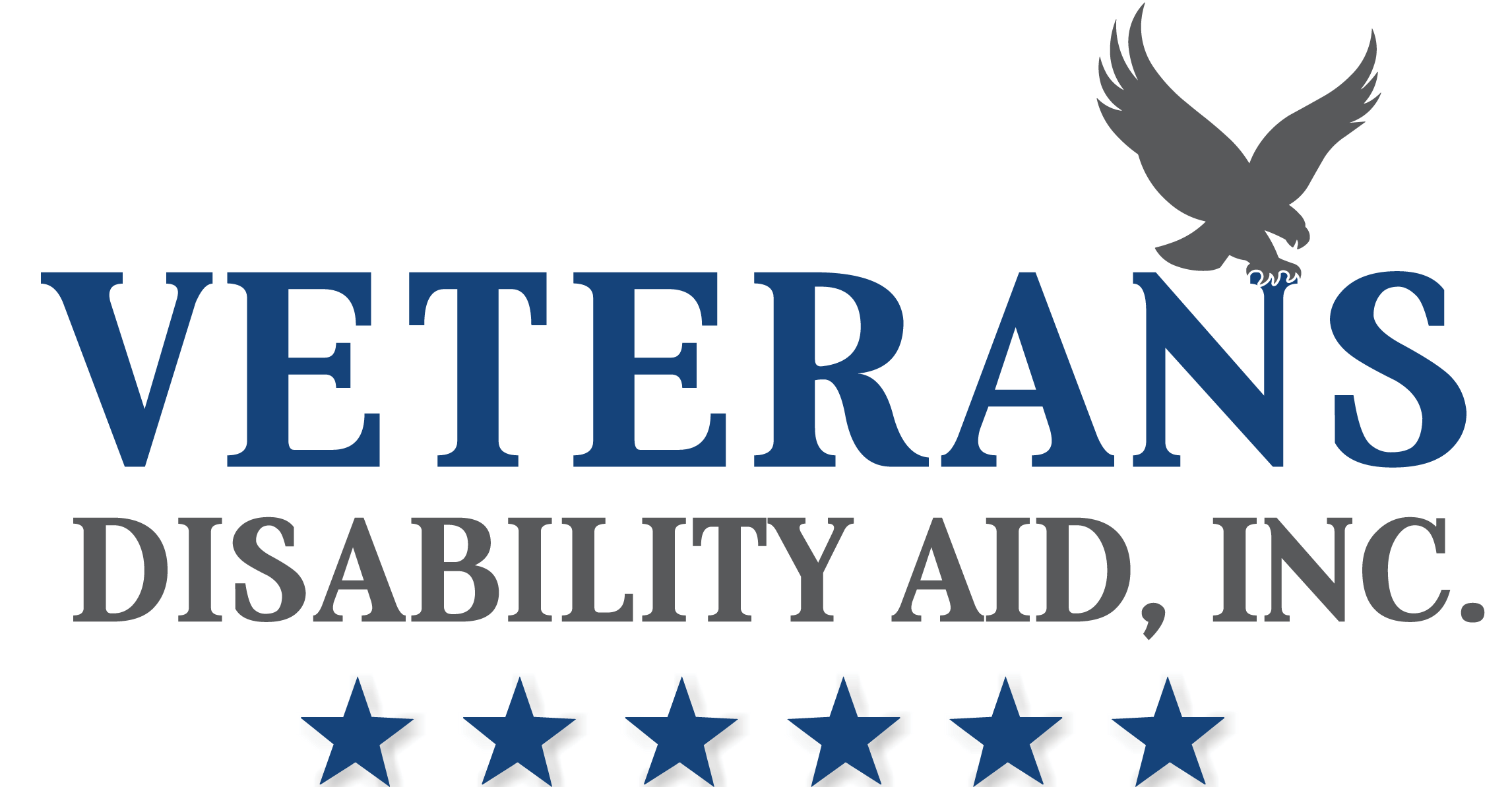The VA uses an effective date to determine the start of a veteran’s disability benefit payment for a claim, typically the date of their initial or increased compensation application. However, this date may not be the earliest, and there may be various arguments for a different effective date.
It’s important for a veteran to pay attention to the effective date when they’re awarded VA disability benefits. This is because the compensation they receive depends on this date. To get more retroactive compensation, it’s best to try to secure the earliest possible effective date.
New and Material Evidence
In order for evidence to be considered “new” by the VA, it must currently exist and not have been previously submitted. Additionally, for evidence to be considered “material,” it must pertain to the reason(s) for claim denial.
The federal regulation 38 CFR 3.156 deals with new and material evidence, with Section (c) specifically addressing service department records. This regulation highlights the potential for newly discovered service department records or records that were not associated with the claim at the time of VA decision.
If a claim was previously denied, but is now granted based on newly discovered evidence, the VA must consider an effective date back to the time of the previous denial. Specifically, if the VA receives or associates relevant official service department records with the claims file that existed but had not yet been associated at the time of the initial decision, the claim will be reconsidered.
The regulation lists service records related to injuries, diseases, or events during service, as well as records forwarded by the Department of Defense or VA service department, and declassified records that were previously unavailable due to their classified status at the time of the claim’s previous decision.
It is important to note that when this new evidence leads to a grant of service connection and supports a rating, a retroactive evaluation will be assigned with the potential for an effective date years or even decades earlier than the recent decision.
Presumptive Service Connection Conditions
Veterans who may have been exposed to certain conditions during military service are entitled to presumptive service connection.
This means that veterans do not need to provide proof of direct service connection. For instance, Vietnam veterans and illnesses related to agent orange exposure are eligible for presumptive service connection.
If a veteran receives presumptive service connection for their condition and files their claim within one year of discharge, the effective date is the same as the date the illness or injury first occurred. However, if the VA receives the claim more than a year after discharge, the effective date is either when they received the claim or when the illness or injury first appeared, whichever occurred later.
Increased Ratings

When a veteran files a claim for an increase in disability rating within a year of the disability worsening, special effective date rules come into play, which can be complicated. The condition must already be service-connected for this rule to take effect.
If a veteran with service-connected disability experiences an exacerbation and files a claim for an increase in a year from the date that the disability worsened and if there’s evidence that shows the condition’s worsening, then the effective date will be the date the condition worsened.
To provide evidence of the disability worsening, medical records like statements from a doctor that specify when the condition worsened can serve as the best evidence. A veteran’s statement can assist in this scenario, but it’s always better when there’s additional medical evidence to support the statement.
It is pertinent to note that increased ratings’ updated effective date is rarely granted initially by the VA, so if the proper effective date is not granted after filing an increased rating claim, one can always appeal the decision.
Clear And Unmistakable Error (CUE)
The special rule regarding alleging clear and unmistakable error is crucial for veterans to understand. The potential for retroactive benefits exists if the VA grants a claim challenging a previous final RO or BVA decision based on CUE. However, it must be noted that winning these claims is incredibly difficult, as they carry a heavy burden of proof.
CUE claims are granted by the VA when it makes a mistake that results in the denial of a claim that would have otherwise been granted. Examples of such mistakes include applying the wrong law or failing to consider all the relevant facts.
When arguing for CUE, it is essential to provide a detailed history of the claim and to specify the error made by the VA, along with explaining why the outcome would have been different if the VA had made the correct decision based on the law and facts available at the time.
Examples of CUE include cases of reduction of benefits or failure to apply the Agent Orange presumptions to blue water veterans.
Recently Discharged From Military Service
If a veteran submits a claim for disability compensation within a year from the date of discharge, there is a different effective date rule that applies. In this case, the award’s effective date will be the day following discharge, provided the veteran has the disability on that date.
It is important to note that this unique rule is only applicable if the claim succeeds initially. Furthermore, if the claim is denied and subsequently finalized, the effective date does not revert to the discharge date if the veteran reopens the original claim at some later point.
Dependency And Indemnity Compensation (DIC)
If a surviving spouse or family member files a death and indemnity compensation (DIC) claim within one year of the veteran’s death and it is approved, the effective date of the claim is the first day of the month in which the veteran passed away.
Nehmer Class Agent Orange Conditions

Nehmer rules differ from other discussed cases as they are solely applicable to Agent Orange cases. Nehmer’s creation can be traced to Beverly Nehmer vs. the VA in the 1980s, and it was formally established in 38 CFR 3.816.
It requires that when the presumptive list of Agent Orange diseases is updated, VA raters must automatically re-review cases of Vietnam veterans who were previously denied benefits for the newly identified condition.
When re-adjudicating such claims, the VA must determine the claim’s receipt as the effective date for benefits.
Only veterans who served in the Republic of Vietnam, have a herbicide disease, or their surviving dependents are Nehmer class members.
Always Check For An Earlier Effective Date

It’s true: The rules for effective dates are complicated, and often vary greatly depending on the particular aspects of a veteran’s claim. That’s why it’s so important to check the effective date of an award for benefits, to make sure you’re getting all the compensation to which you’re entitled.
If you believe that you may be entitled to an earlier effective date than the one that was granted, contact us today for a free consultation!
